TOULOUSE, FRANCE—According to a Science News report, molecular archaeologist Ludovic Orlando and his colleagues analyzed the genomes of 475 ancient horses and 77 modern ones. The oldest remains were dated to some 50,000 years ago. The researchers then combined the genetic data, carbon dates, and archaeological information to determine that horses were domesticated some 4,200 years ago on the steppes of what is now southwestern Russia. Domestication was identified through the decrease in the period of a generation from seven years to about four years, and evidence of the mating of closely related animals, perhaps as humans selected for certain traits. These horses then spread quickly through Europe and Asia. “The speed of the spread suggests people domesticated horses with mobility in mind,” Orlando said. However, the dates indicate that the spread of domesticated horses happened about 800 years after the westward migration of the Yamnaya people of the Eurasian Steppe, who have long been thought to be the first horseback riders and whose westward spread into Europe was believed to have been linked to widespread adoption of the domesticated horse. Orlando and his team also detected signs of domestication in 5,000-year-old horse remains unearthed at sites associated with the Botai culture of Central Asia. The scientists suggest that these animals were used for meat, but the domestication process eventually failed in this case. Critics of the idea say that these horses were wild animals that had been the prey of Botai hunter-gatherers. To read about a DNA study of Botai horses, go to "World Roundup: Kazakhstan."
Genetic Study Yields New Thoughts on Horse Domestication
News June 7, 2024
Recommended Articles
Digs & Discoveries July/August 2024
Bronze Age Beads Go Abroad
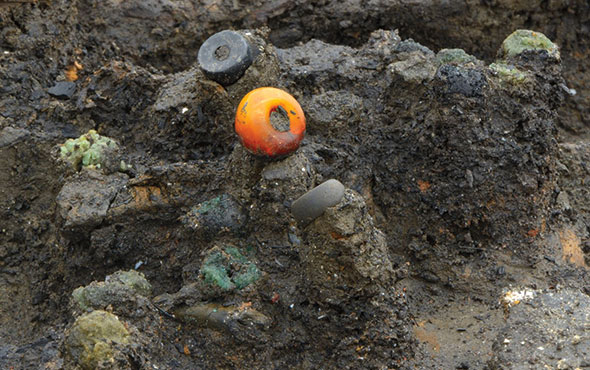
(Courtesy Cambridge Archaeological Unit)
Digs & Discoveries July/August 2024
Rubber Ball Recipe
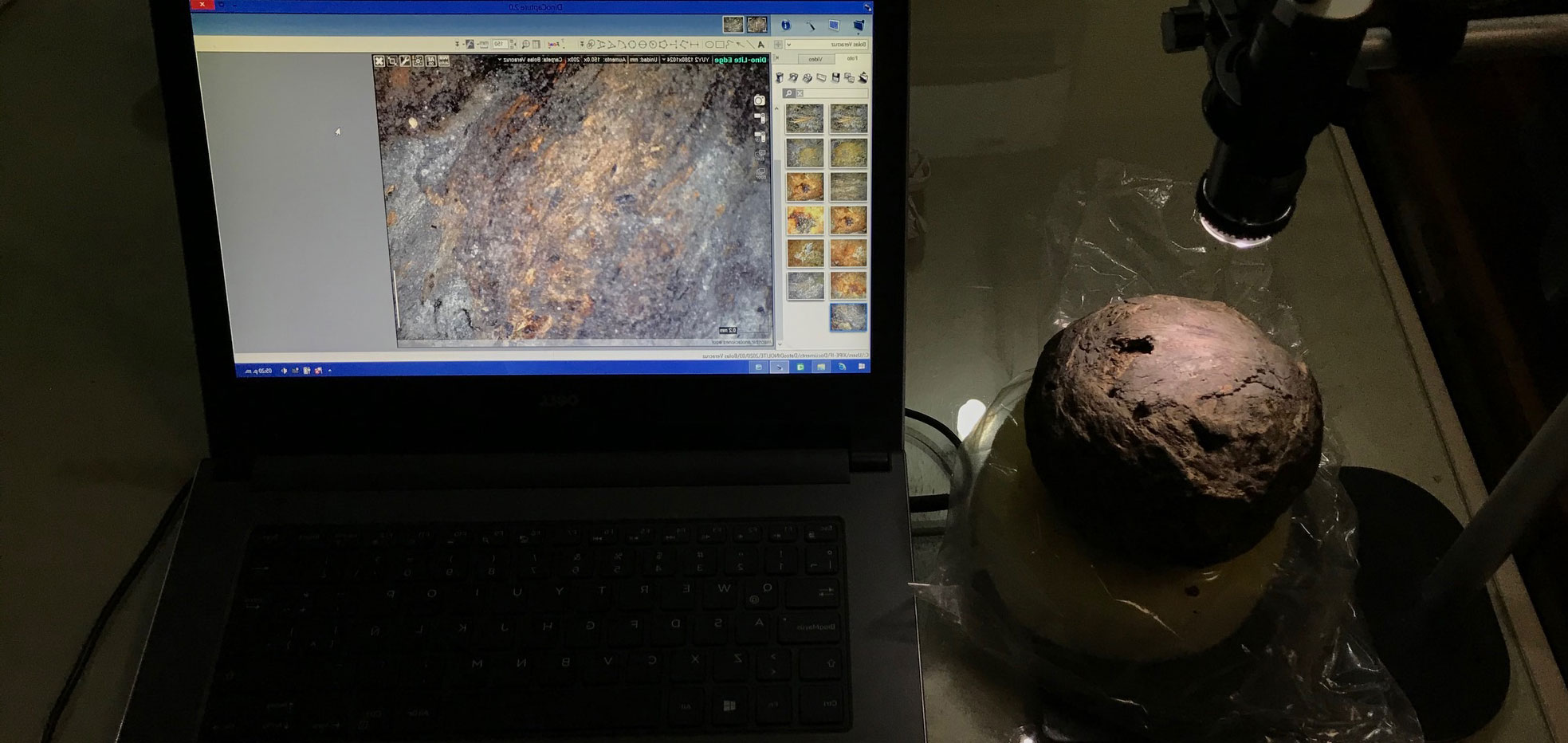
Digs & Discoveries July/August 2024
Black Magic Seeds
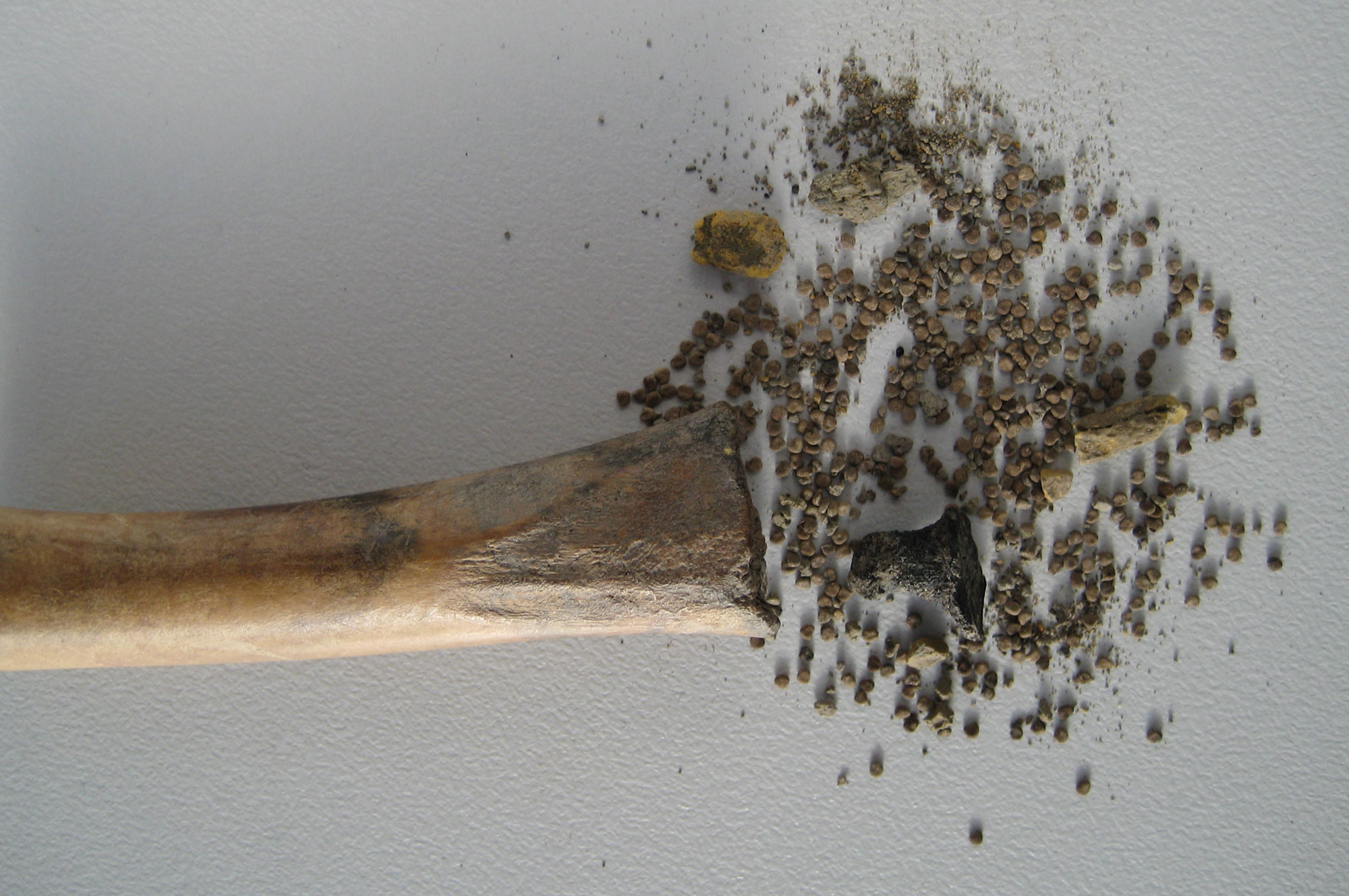
Digs & Discoveries July/August 2024
A Friend for Hercules
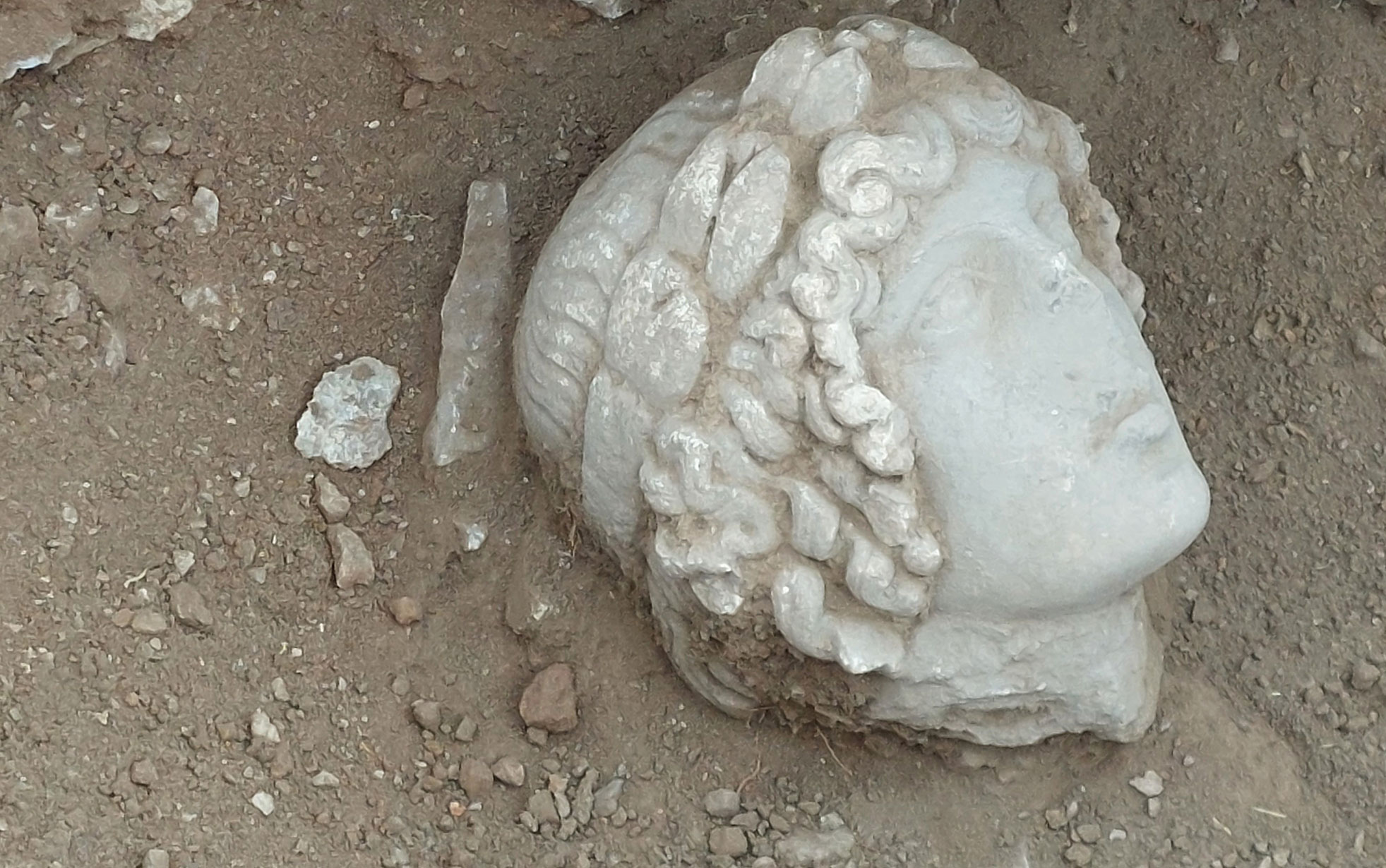
MORE TO DISCOVER
Letter from Nigeria
July/August 2024
A West African Kingdom's Roots
Excavations in Benin City reveal a renowned realm’s deep history
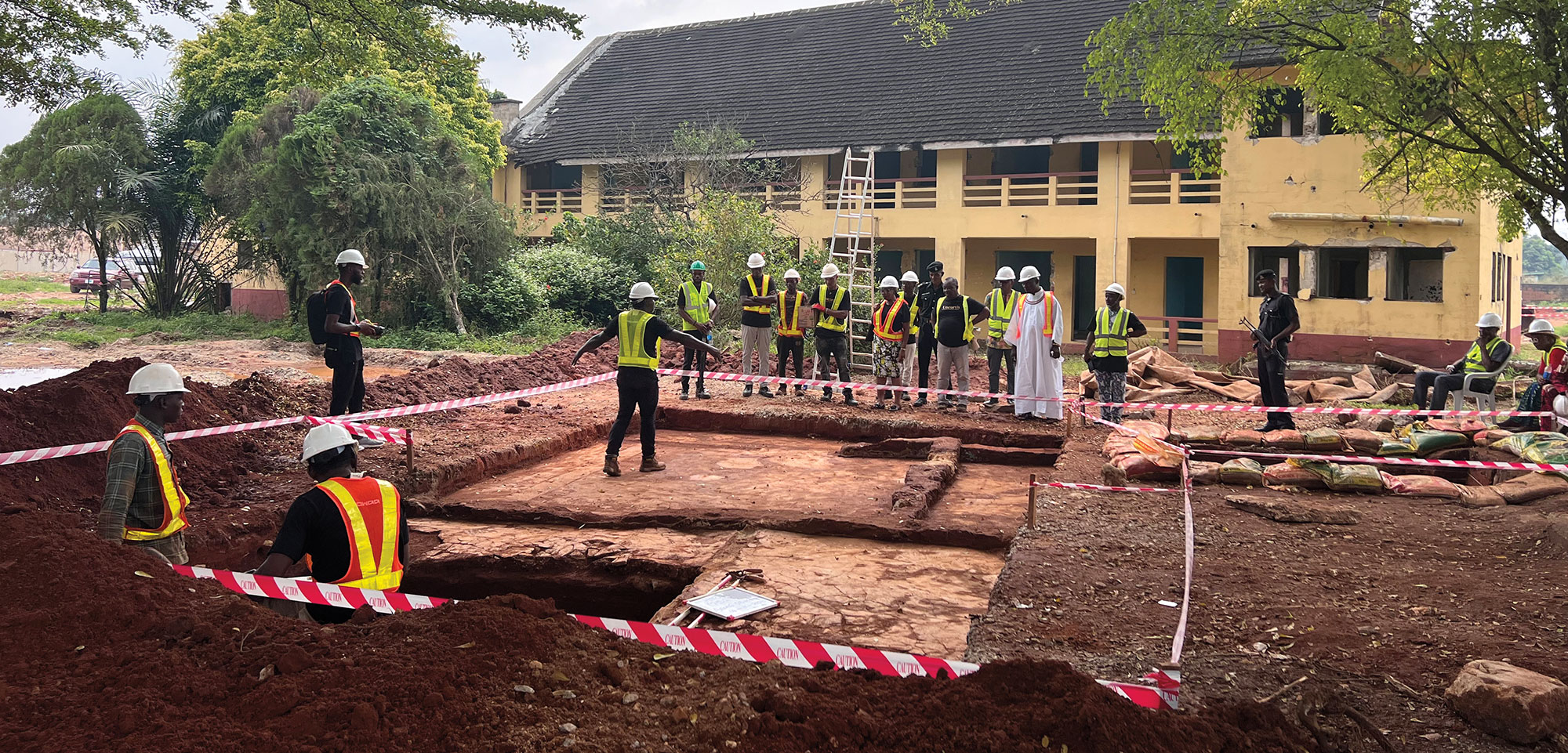
Artifacts July/August 2024
Etruscan Oil Lamp
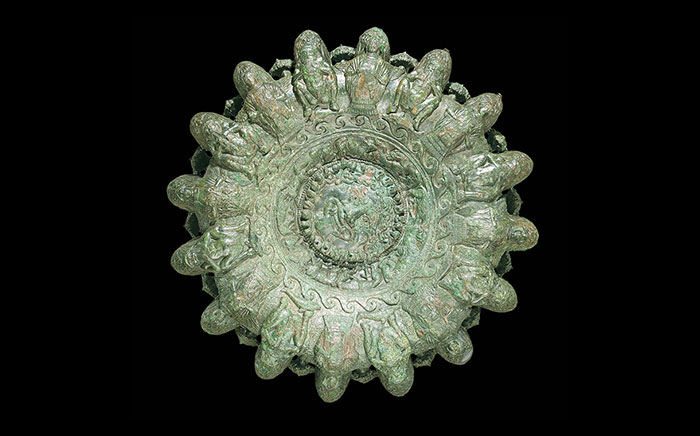
(Courtesy Museo dell’Accademia Etrusca e della Città di Cortona; © DeA Picture Library/Art Resource, NY)
Around the World July/August 2024
TONGA

(Phillip Parton/ANU)
Digs & Discoveries July/August 2024
Bronze Age Beads Go Abroad

(Courtesy Cambridge Archaeological Unit)
Features July/August 2024
Java's Megalithic Mountain
Across the Indonesian archipelago, people raised immense stones to honor their ancestors
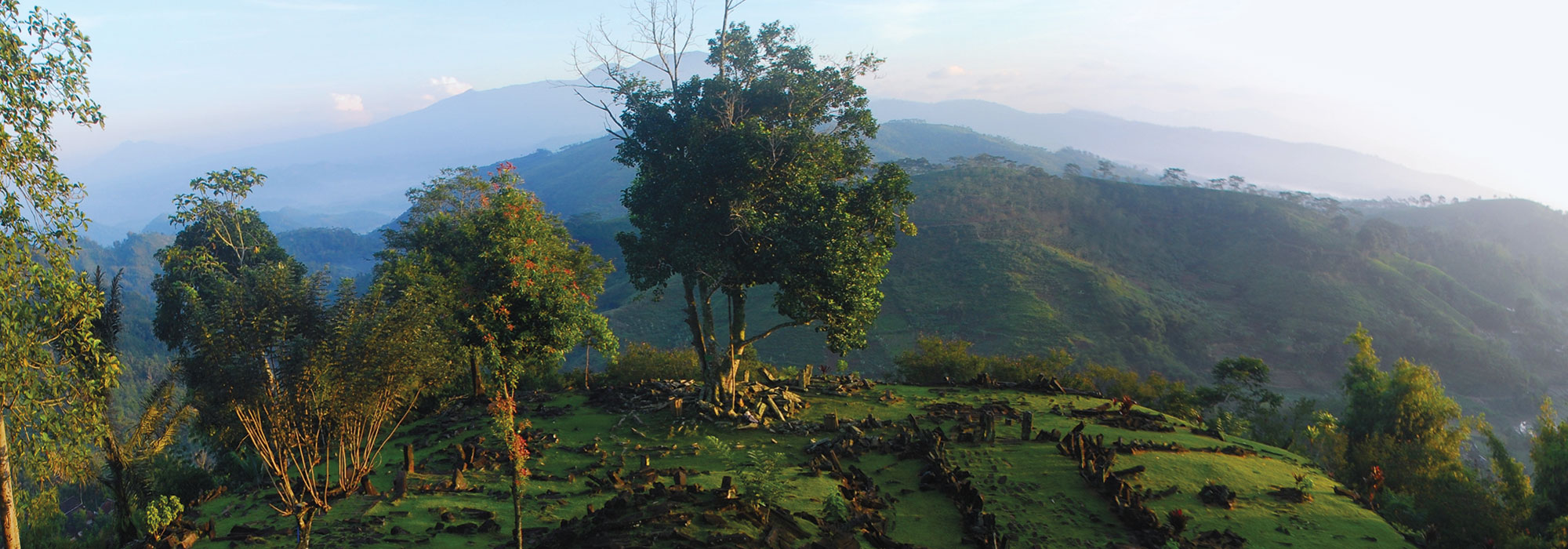
(Courtesy Lutfi Yondri)

